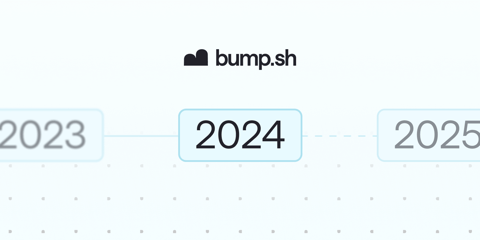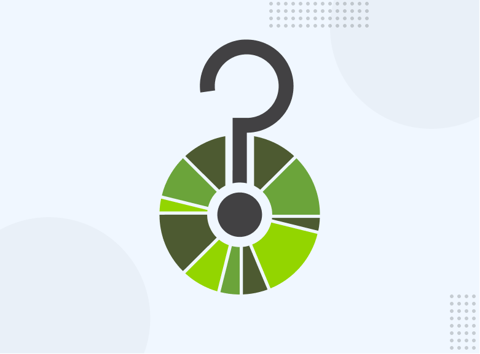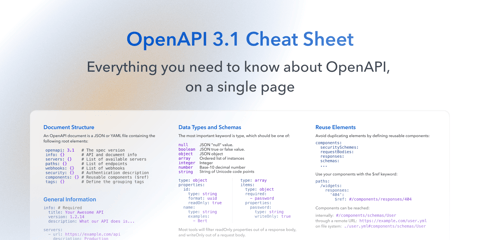The Year of Change(log)
2023 passed super fast. It was the case for many; it always is when you learn so much.
We learned much about users’ needs regarding our Changelog feature, leading to multiple product improvements. And not only on the changelog, by the way. Some highlights:
- We
changedrewrote from the ground up our rendering engine, making our docs display blazing fast, even for large definition files. - We improved multiple parts of how to support your usage of definition files (including custom code samples and JSON schema support enhancements).
- We built a powerful setting so you can 100% control your API doc workflow: when something changes in your APIs, you decide when to release it and can add contextual information. Learn about all you can do now.
- We enhanced our CLI and API to offer more powerful ways to interact with Bump.sh programmatically.
- Our Changelog feature now benefits from a stunning overhaul re design, clarity in the diff between two API iterations, and the ability to compare any iteration. Check it out on our own API documentation.
2023 is also the year where we accelerated in supporting various communities:
- We sponsor OpenAPI, AsyncAPI, OpenAPI Generator, and FastAPI.
- We’ve sponsored two events: apidays Paris and the API Platform Conference.
- Bump.sh is now free for students via the GitHub Student Developer Pack.
- We released an Open Source API knowledge base, nurtured by renowned experts such as Phil Sturgeon, which can help all API developers learn about best practices in API development and using API Specifications such as OpenAPI and AsyncAPI. Feel free to contribute!
On our way, the team changed and grew. We thank Sarah, Valériane, Florent, Camille, and Yoan for sharing our adventure. And we know 2024 will also lead to new encounters: we’re looking forward to it!

A sneak peek into 2024
Finally, 2023 is the year when we experienced an ever-growing need from the API development community. We had the chance to talk to hundreds of businesses, and the outcome was clear. Public API docs are essential to a business strategy, as they are at the forefront of interactions between customers and the business software. But they’re just the tip of the iceberg when looking back at the broader API ecosystem.
Teams need to make their large and growing catalog of internal and partner APIs discoverable, especially in a world where microservices have become a commodity and where technologies don’t stick to REST, including more event-driven architectures, gRPC, GraphQL, or even still coping with SOAP.
When considering internal APIs, missing or poor documentation leads to code duplication, zombie APIs, lack of standardization, and related QA complexity. This impacts the quality of service, team efficiency, and even internal workforce onboarding and developer experience. When considering external and private APIs (shared with customers or business partners), it’s all about delivery efficiency, collaboration between tech writers and engineers, customer adoption, and brand image.
By observing these emerging or long-standing needs, our entire team is aware of the work still to be done to offer the best API documentation tool possible for you and your ecosystem. And it’s a good thing because, let me tell you: we are very, very motivated.
Bonus
We’re keeping the tradition of making team pictures during our weekly all-hands. Enjoy the compilation of it!


